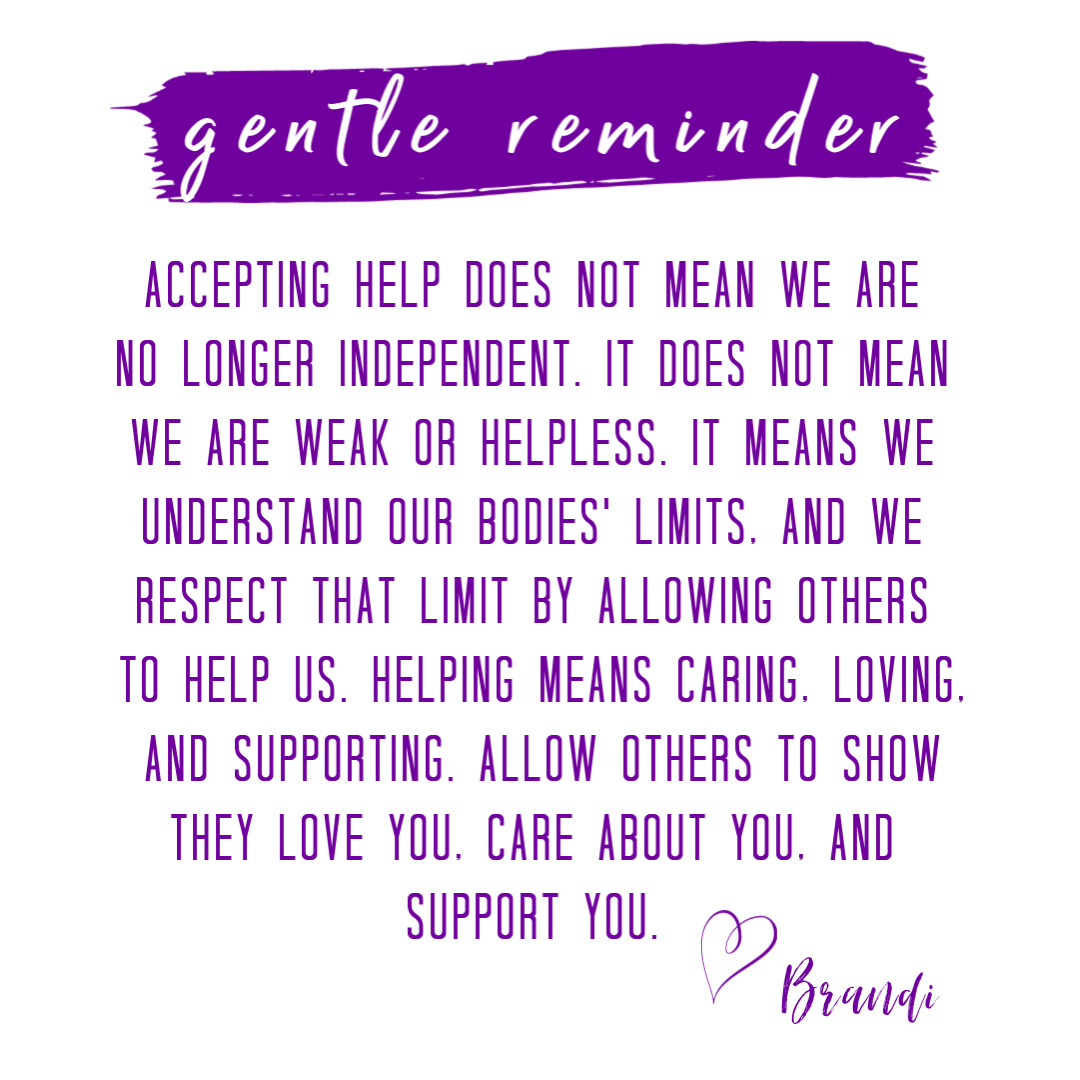In last month’s issue, I addressed the ‘what-ifs’ that accompany fibromyalgia when dealing with relationships. If you have decided to tell others about your illness, you may feel confused as to what to say or how to say it. You may not know how to tell the other person how they can help you and be supportive in a not pitiful, guilt-ridden, less than, or upsetting way. Here’s how to tell others, how much to say to others, and how others can help when it comes to communicating your illness.
This article first appeared in The Fibromyalgia Magazine in August 2016.
Communicating Your Illness
Don’t overthink this. Don’t overanalyze each encounter with another person, and have a constant hesitation to mention fibromyalgia hanging in the back of your mind. Wait for the opportunity to arise or casually bring it up when discussing an appropriate subject. In other words,
Be patient, and the moment will find you.
When the opportunity arises to tell another person about your having fibromyalgia, be careful how much you tell them. You don’t want to overwhelm them with too much information or confusing medical jargon. Fibromyalgia is a mysterious and complex illness that baffles fibromyalgia sufferers and physicians. Explaining the condition to those not connected can leave both parties in the dark of communication. Give a brief, straight-to-the-point summary of the illness, avoiding uncommon terms.
For example, say,
“I have fibromyalgia, or fibro for short. It affects my entire body in some way, particularly my nerves and muscles. In addition to overall unexplained body aches, it also causes chronic fatigue and digestive issues. It’s like having the flu or over-exercising every day. It doesn’t have a cure and will never go away despite treatments. Some days are better than others, but having others to support and understand me helps with healing.”
While talking to the other person use positive body language such as making eye contact, not crossing your arms in a defensive manner, and smiling in a genuine way. Often times people have a tendency to speak fast when nervous, so make sure to breathe deep and speak slowly in order for the other person to fully receive your message.

How Others Can Help
After you have given your summary of your illness, the other person will most likely follow up with a question or comment. If they don’t, break the ice and ask if they have heard about it or know someone with it. This will spark a further conversation about it.
In the follow-up discussion, mention helpful ways to heal while avoiding requests that sound demanding or inconveniencing the other person. These ways will vary from person to person and from the person to whom you are speaking.
In my case, having help with the kids or having nights out with a friend is essential to my well-being. Swapping playdates or babysitting duties with another couple for date night is an excellent way for me to get that time away from the kids. Find out what works for you and convey that to the other person.

In summary
- avoid big, confusing medical words,
- give a summary of the illness,
- use positive body language such as smiling, not crossing your arms, speaking slowly, and making eye contact
- Take a deep breath and articulate your message
- keep the conversation short, to the point, and simple,
- tell them how they can help without making them feel obligated or you feeling guilty, and
- ask if they have any questions or concerns about your illness.
Be sure to explain that there will be days you will not feel well enough to do planned activities, but that does not mean you don’t want to do those activities. Instead, you are not physically able to do them at that particular time. Suggest an alternative plan, such as coming over for tea or a movie. If you don’t feel like visitors, offer a make-up day.
Overview
Living with fibromyalgia can be a private matter, and telling others about your condition can make you feel vulnerable; however, communicating your illness and its unpredictability will most likely grow and strengthen your relationship.
Telling others about fibromyalgia is essential in building a trusting, effective support system, and spreading awareness and understanding of the illness. This results in faster healing – physically, emotionally, and mentally. The more people that are surrounding you with love, care, understanding, and support, the better your journey will be to healing.

Nobody had follow up questions, nobody I told. I had to ask – do you know what it is? They all just didnt react then after explaining they make faces and sounds like its horrible but NO ONE says I am sorry, how can I help. Then it doesnt register, you have to remind them constantly orthey just dismiss like you have a cold. Shitty world, shitty people it must be bc i live in SOUTH FLORIDA the most fraudulent place in the country – in all senses
I have suffered from fybro for about 5 years now. It is very annoying when I try explaining to people about my condition and they say “take something for the pain” Jezz..really?? Or people will say ” you were fine yesterday/this morning” I don’t think people really understand.
I have noticed that my pain is much worse in the summer with hot/humid climate, anyone else have this problem?
Most people get an increase in pain and other symptoms during the colder months, but it’s not unusual to have it increased during the hot months or humidity.
Pingback: How to Discuss Fibromyalgia with Your Employer: Being Fibro Mom
Pingback: Shine For Fibro - Being Fibro Mom fibromyalgia